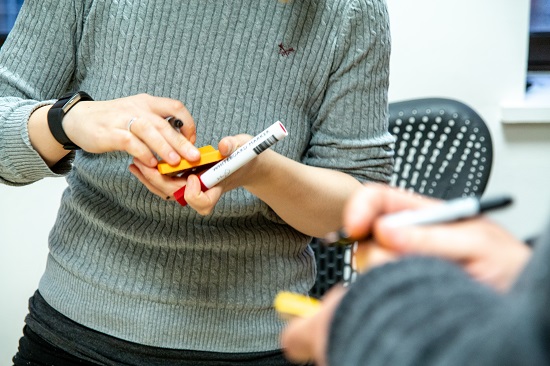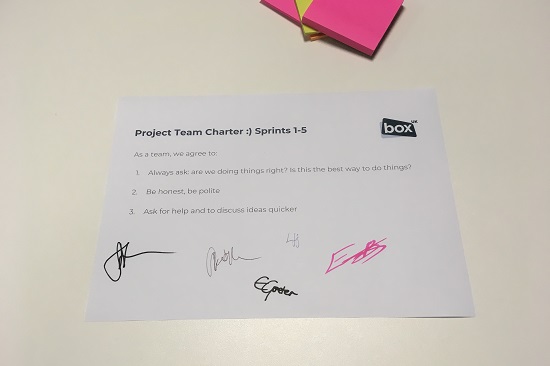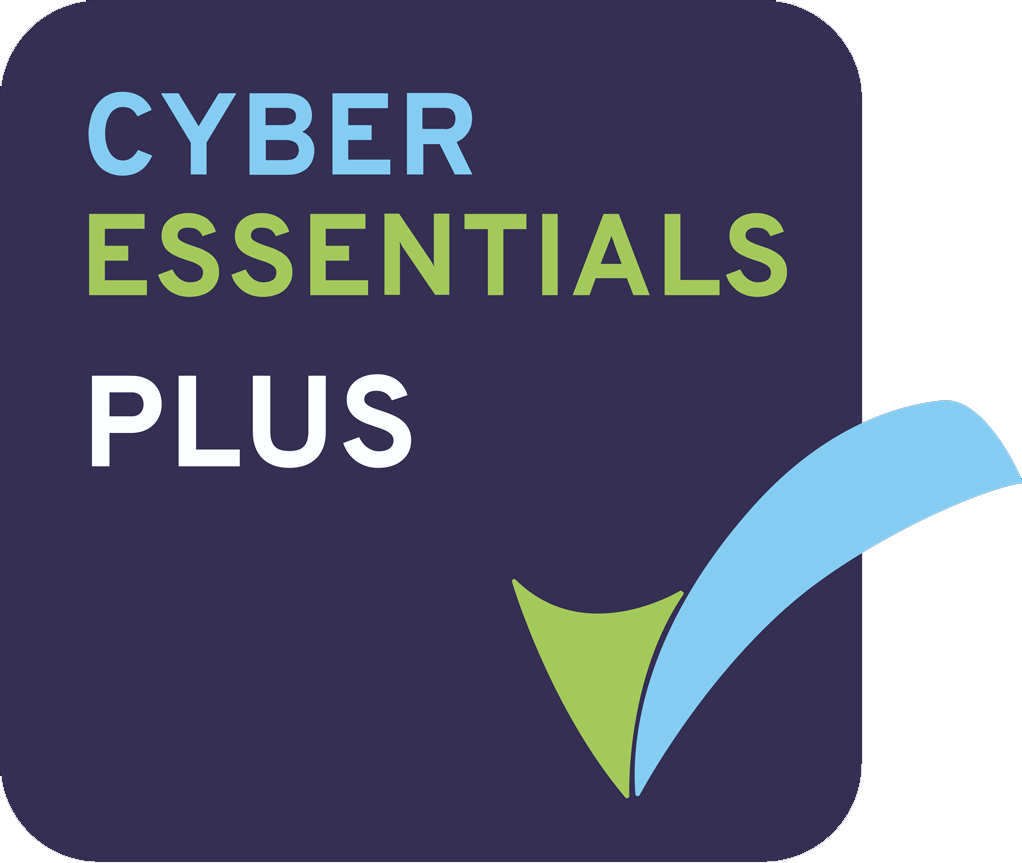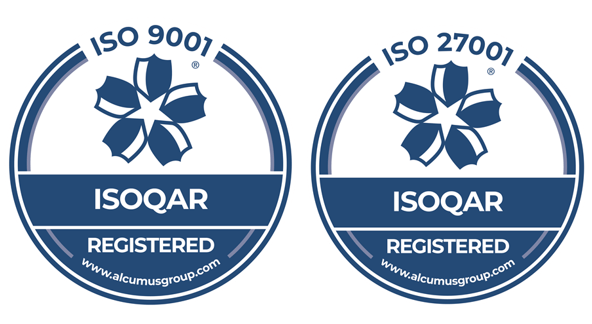Focus on feedback
As agile enthusiasts, at Box UK we recognise the importance of feedback during software projects, not least because:
- Effective feedback loops between team members mean that problems found can be resolved quickly
- Iterative testing provides multiple opportunities to gather feedback from multiple project perspectives – quality assurance, user acceptance testing, user experience – so that we can continually improve the quality of our product
- Project retrospectives offer teams a structured but engaging opportunity to feedback to the entire team on what has gone well during a phase of work and – crucially – what can be improved
However, while all of these methods are incredibly valuable, they all take place after the project has begun. Consequently, they’re typically a reaction to issues and problems that have already surfaced out of the woodwork, rather than a proactive means of avoiding these in the first place. That’s why we’ve also embraced project kickoffs, which allow us to start the feedback process ahead of time.
What is a project kick-off?
The project kick-off is a chance for the project team to a) decide how they are going to work and b) identify any risks or assumptions about the work ahead. Whereas in retrospectives we often look back and discuss the problems we could have foreseen, by taking this time to forecast what might go wrong from the offset, potential errors or blockers can be either avoided entirely, or addressed well in advance of them having a detrimental effect.

Project kick-offs aren’t just for newly-formed project teams either. They can be beneficial when an existing project team is about to start a new phase of work or begin a particularly high-pressure period, or for teams re-forming after a period of working elsewhere. Here, there is the added opportunity to reassess feedback gathered from previous retrospectives and put together relevant improvement actions. In this way, past retrospectives add more value before the project has even begun, and can even trigger discussion about problem areas that may have been forgotten.
Finally, the project kick-off also shouldn’t just be a stale activity which gets forgotten, but should serve as an impetus for further positive changes. For example, our initial kick-off prompted us to check that we are working in an effective way during all our stand-ups, which helps ensure we are continuously improving as a team.
Getting started with kick-offs
Since starting with project kick-offs, we’ve had great feedback from team members, and have also seen teams more motivated and energised at the start of a phase of work. Specific team members have highlighted the value of the kick-off in forecasting potential problems:
“The project kick off gave the team a chance to understand the risks and issues associated with the work we are going to be doing and discuss how we can mitigate them.”
– Matt Spencer, Box UK Developer
Another team member pointed out that it was particularly useful for a team’s return after an absence, as they could “recall any past hindrances before starting a new phase of work”.
– Alan Evans, Box UK Developer.
If you’re interested in achieving similar results for your team or teams, check out our suggested kick-off template below to get you started.
How to run a project kick-off: questions to ask
1. Why are we doing a project kick-off?
It’s important to communicate to your team the importance of taking some official time to kick off a phase of work, to ensure shared understanding and buy-in. Emphasise how this activity will help you:
- Work smarter together
- Anticipate problems at the project’s outset
- Get into the best possible position to start building your software
2. What are we building?
What is this phase of working going to be about? What do we think are the risks, assumptions, known issues and dependencies?
3. Why are we doing this?
Visualise what success looks like: what does success mean to the client, to us as a company, and to us as individuals? How will our work make people’s lives better? What value are we delivering?
4. How are we going to do it?
How are we going to get this work done efficiently? What methods can we use to make sure we’re doing our best work? What do we want to do to make sure we’re working well together?
5. When are the important dates?
When is the end of the phase of work? What is the go-live date? When are important meetings scheduled? Are there concerns that we won’t meet the deadline?
6. Team charter (to be printed off for all of the team to sign)
What rules do we want to adhere to when working together? What code of conduct should all team members work to?
7. The retrospective starts now!
What is something that we’ve struggled with in the past which we should try to improve on, and how will we do this?
8. What else don’t we know?
Is there anything which we haven’t addressed? Does anyone have any questions? Do we need to talk about anything else?
Outputs and benefits
The project kick-off is not just an opportunity for a team to be more effective in its working practices; it is also crucial for team alignment, effective working relationships, and a shared project vision. In a kick-off, the product owner can communicate the project vision effectively and get the team excited about what is ahead. As well as serving as a powerful motivator, this ensures that the team work towards the same priorities.
Additionally, the team charter offers a democratic opportunity for team members to express their working preferences. For example, if you’re working with some rather energetic characters, then this is an opportunity for the whole team to decide on a fair discussion method, so no-one feels they are unable to contribute (on one of our louder teams we often use a ball in standups to signify that only one person should talk at a time!).

An example of the project charters we use here at Box UK
Most importantly, the team get a chance to provide feedback at the end on whether there’s anything they are unsure of, or anything else to address. This isn’t a “throw-over-the-wall” lecture; this is a collaborative exercise where teams identify how the project will work.
Finally… get it out there!
You don’t want to have a proactive, productive project kick-off, only to let all of the valuable discussion and feedback get pushed down the back of the sofa. Visualise your outputs in order to make the most of them:
- Use big pieces of paper and post-its to get everyone’s thoughts down, and then put them on the wall around the project teams
- Ask all team members to sign the charter; that way, it’s easier to address when someone isn’t abiding by it, or if it needs to be updated
- Get the team actions and key project dates up for all to see; this way they won’t get forgotten about
At Box UK we have a strong team of bespoke software consultants with more than two decades of bespoke software development experience. If you’re interested in finding out more about how we can help you, contact us on +44 (0)20 7439 1900 or email info@boxuk.com.

